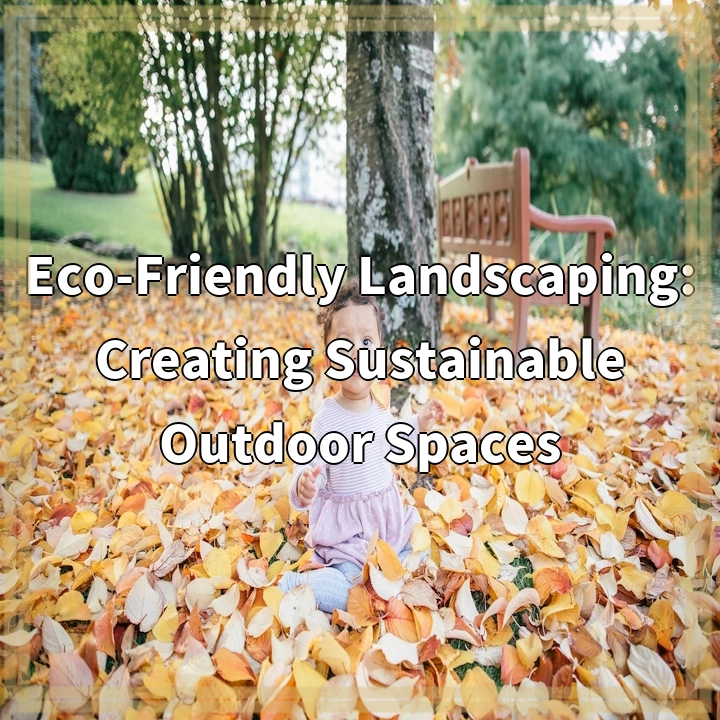
What is Green Building Materials and Construction?
Green building materials and construction refer to the use of sustainable and environmentally friendly materials and practices in the design, construction, and operation of buildings. The aim is to minimize the negative impact on the environment and maximize energy efficiency and occupant health and well-being.
Real-World Problems Associated with Green Building Materials and Construction
1. Limited Availability
One of the challenges with green building materials is their limited availability compared to conventional materials. Finding suppliers and manufacturers who offer a wide range of sustainable options can be a hurdle. This leads to higher costs and longer lead times for obtaining these materials, which can deter some builders and developers.
2. Higher Initial Costs
Another obstacle to green building materials and construction is the perception of higher initial costs. While sustainable materials may have a higher upfront cost compared to conventional alternatives, the long-term benefits and savings they offer can outweigh the initial investment. It is important to consider the life-cycle cost and the potential energy savings and environmental benefits when evaluating the overall cost-effectiveness of green building materials.
3. Lack of Awareness and Education
Many individuals, architects, contractors, and developers may still be unfamiliar with green building materials and practices. Limited awareness and understanding of the benefits and availability of these materials can hinder their adoption. Increased education and dissemination of information about green building materials can help overcome this challenge.
4. Performance and Durability
Ensuring the performance and durability of green building materials is essential. Some environmentally friendly materials may have different characteristics and may require specific maintenance or care instructions. Builders and constructors need to have a solid understanding of how to properly install, use, and maintain these materials to guarantee their long-term performance.

Solutions to Real-World Problems Associated with Green Building Materials and Construction
1. Increasing Availability
Efforts should be made to expand the availability of sustainable materials in the market. This can be achieved through incentivizing manufacturers to produce more green building materials, fostering partnerships between suppliers and builders, and promoting the development of sustainable materials through research and innovation.
2. Cost-Effectiveness
To address the perception of higher initial costs, it is crucial to emphasize the long-term cost-effectiveness of green building materials. This can be done by conducting cost-benefit analyses that consider the life-cycle cost and potential energy savings of these materials. In addition, providing financial incentives such as tax credits or subsidies for using sustainable materials can help offset the initial investment.
3. Education and Awareness
Improving education and awareness about the benefits and availability of green building materials is essential. This can be achieved through educational campaigns, workshops, and training programs for architects, contractors, and developers. Collaboration with industry organizations, sustainability certifications, and government initiatives can also play a crucial role in promoting the adoption of sustainable materials and practices.
4. Quality Assurance and Standards
Establishing quality assurance measures and industry standards for green building materials is necessary to ensure their performance and durability. The development of certification programs and third-party verification can help builders and constructors identify reliable and high-quality sustainable materials. Providing clear guidelines and instructions for installation, use, and maintenance of these materials can also contribute to their long-term performance.















